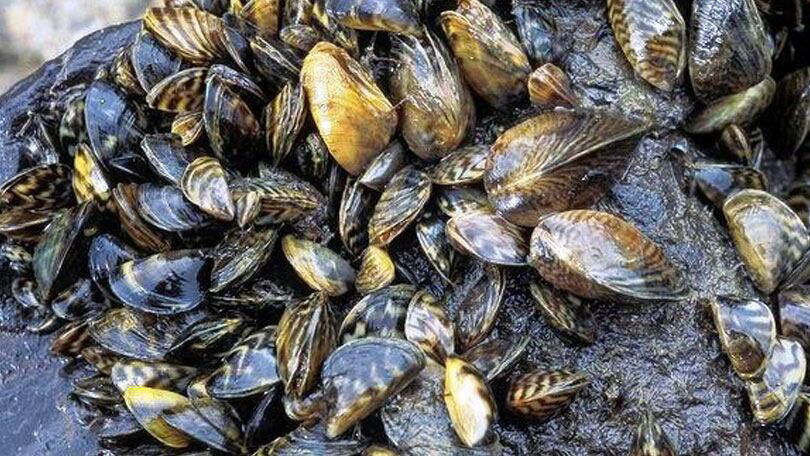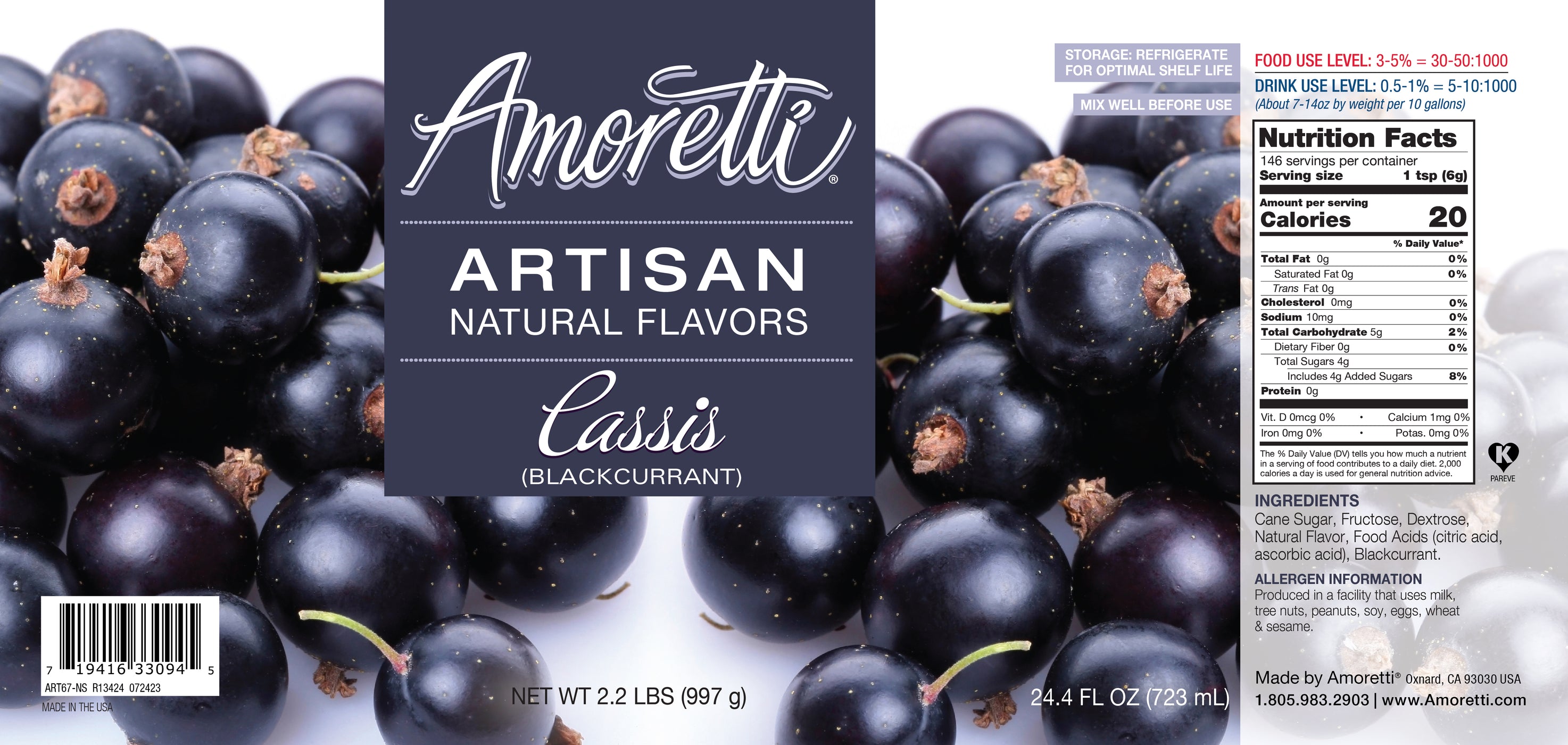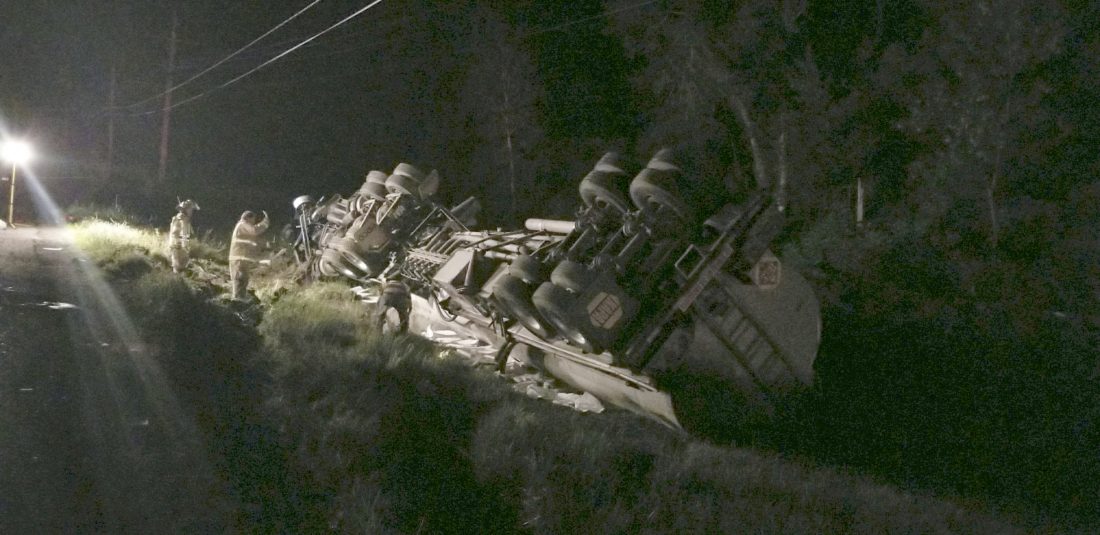Casper Resident Finds Thousands Of Zebra Mussels On New Boat Lift

Table of Contents
The Discovery and its Implications
A Casper resident, upon installing their new boat lift at a private reservoir, discovered a shocking sight: thousands of zebra mussels firmly attached to the metal framework. The sheer number of these invasive mollusks immediately raised concerns about the potential spread to other Wyoming water bodies. This discovery serves as a stark reminder of the rapid spread and destructive potential of zebra mussels.
The implications of this infestation are far-reaching:
- Damage to Infrastructure: Zebra mussels' tenacious grip can cause significant damage to boat lifts, pipes, water intake systems, and other infrastructure, leading to costly repairs and replacements.
- Economic Impact: Infestations can severely impact local economies, particularly those reliant on tourism and fishing, as damaged infrastructure and reduced water quality deter visitors and negatively affect aquatic life.
- Ecological Consequences: Zebra mussels outcompete native species for food and resources, disrupting the delicate balance of aquatic ecosystems. They can also alter water clarity, impacting the health of plants and animals.
- Potential for Spread: The presence of such a large infestation poses a significant risk of spreading zebra mussels to other lakes and rivers in Wyoming, potentially causing widespread ecological and economic damage.
Understanding Zebra Mussels and their Invasive Nature
Zebra mussels ( Dreissena polymorpha) are small, fingernail-sized mollusks native to Eurasia. They are characterized by their distinctive D-shaped shells with dark, zigzag stripes. These seemingly insignificant creatures possess an extraordinary reproductive capacity, with a single female capable of producing up to one million eggs per year. This, combined with their ability to attach to almost any hard surface, allows for rapid colonization and the formation of dense colonies.
Their feeding habits further contribute to their invasive nature:
- Filter Feeders: Zebra mussels are highly efficient filter feeders, removing plankton and other microscopic organisms from the water. This can reduce water clarity and negatively impact native species that rely on these same food sources.
- Attachment to Surfaces: Their ability to attach to virtually any hard surface – boats, docks, pipes, even other mussels – makes their removal extremely difficult and expensive.
- Difficult Eradication: Once established, eradicating zebra mussel populations is incredibly challenging and costly, requiring extensive and often disruptive measures.
Preventing the Spread of Zebra Mussels – Best Practices for Boat Owners
Preventing the spread of zebra mussels relies heavily on responsible boating practices and thorough watercraft inspections. Every boat owner has a crucial role to play in protecting Wyoming's waters.
- Watercraft Inspections: Regularly inspect your boat and trailer for any signs of zebra mussels before and after each use. Look closely at any hard surfaces, including the hull, motor, trailer, and any equipment.
- Proper Cleaning Procedures: Thorough cleaning is essential. Before launching your boat, clean it carefully. After use, follow these steps:
- Remove all visible plants and animals.
- High-pressure wash your boat and trailer with hot water (at least 120°F) for at least 2 minutes.
- Allow your boat and trailer to completely dry for at least 5 days.
- Disposal of Contaminated Water: Dispose of any bilge water, livewells, or other water that has come into contact with your boat in a responsible manner, away from water bodies.
- Reporting Suspected Sightings: If you suspect you've seen zebra mussels, report your findings immediately to the Wyoming Game and Fish Department. Early detection is critical for effective control measures.
Wyoming's Efforts to Combat Zebra Mussel Infestations
The Wyoming Game and Fish Department is actively involved in combating zebra mussel infestations. They implement various programs, including public awareness campaigns, watercraft inspections at high-risk areas, and proactive monitoring of waterways. Specific regulations regarding boat cleaning and transport are in place, and adhering to these regulations is crucial for preventing the spread of these invasive species.
Conclusion
The Casper resident's discovery serves as a potent reminder of the serious threat posed by zebra mussel infestations. These invasive mollusks have the potential to inflict significant ecological and economic damage on Wyoming's waterways. Preventative measures, such as thorough boat cleaning, responsible boating practices, and prompt reporting of suspected sightings, are vital for protecting our valuable resources. Do your part to prevent the spread of zebra mussels in Wyoming waters! Learn more about zebra mussel prevention and control programs in Wyoming by visiting the Wyoming Game and Fish Department website.

Featured Posts
-
 Bgts Blockbusters Special A Comprehensive Guide
May 22, 2025
Bgts Blockbusters Special A Comprehensive Guide
May 22, 2025 -
 Where To Buy And How To Store Cassis Blackcurrant
May 22, 2025
Where To Buy And How To Store Cassis Blackcurrant
May 22, 2025 -
 The Golden Dome Details Of Trumps Planned Missile Shield
May 22, 2025
The Golden Dome Details Of Trumps Planned Missile Shield
May 22, 2025 -
 Foul Language And Anger Pub Landladys Reaction To Staff Leaving
May 22, 2025
Foul Language And Anger Pub Landladys Reaction To Staff Leaving
May 22, 2025 -
 National Treasure Trafficking Antiques Roadshow Leads To Arrest
May 22, 2025
National Treasure Trafficking Antiques Roadshow Leads To Arrest
May 22, 2025
Latest Posts
-
 Interstate 83 Closed After Produce Truck Accident
May 22, 2025
Interstate 83 Closed After Produce Truck Accident
May 22, 2025 -
 Produce Truck Rollover Shuts Down Part Of I 83
May 22, 2025
Produce Truck Rollover Shuts Down Part Of I 83
May 22, 2025 -
 Produce Hauling Truck Accident On Interstate 83
May 22, 2025
Produce Hauling Truck Accident On Interstate 83
May 22, 2025 -
 Fed Ex Truck Inferno Shuts Down Route 283 In Lancaster County
May 22, 2025
Fed Ex Truck Inferno Shuts Down Route 283 In Lancaster County
May 22, 2025 -
 Route 283 Closed Due To Fed Ex Truck Fire In Lancaster County Pa
May 22, 2025
Route 283 Closed Due To Fed Ex Truck Fire In Lancaster County Pa
May 22, 2025
